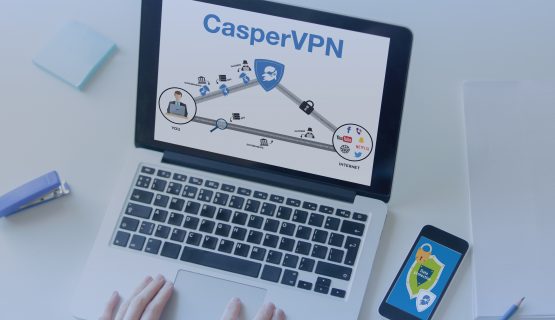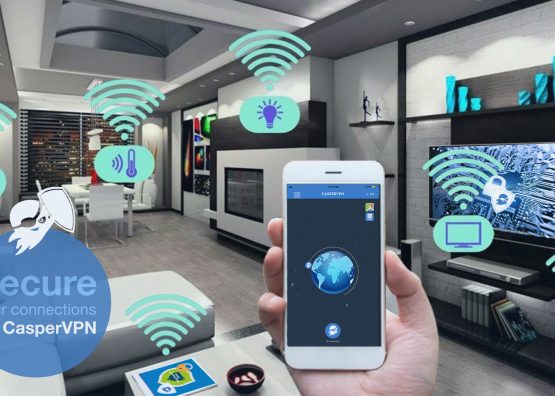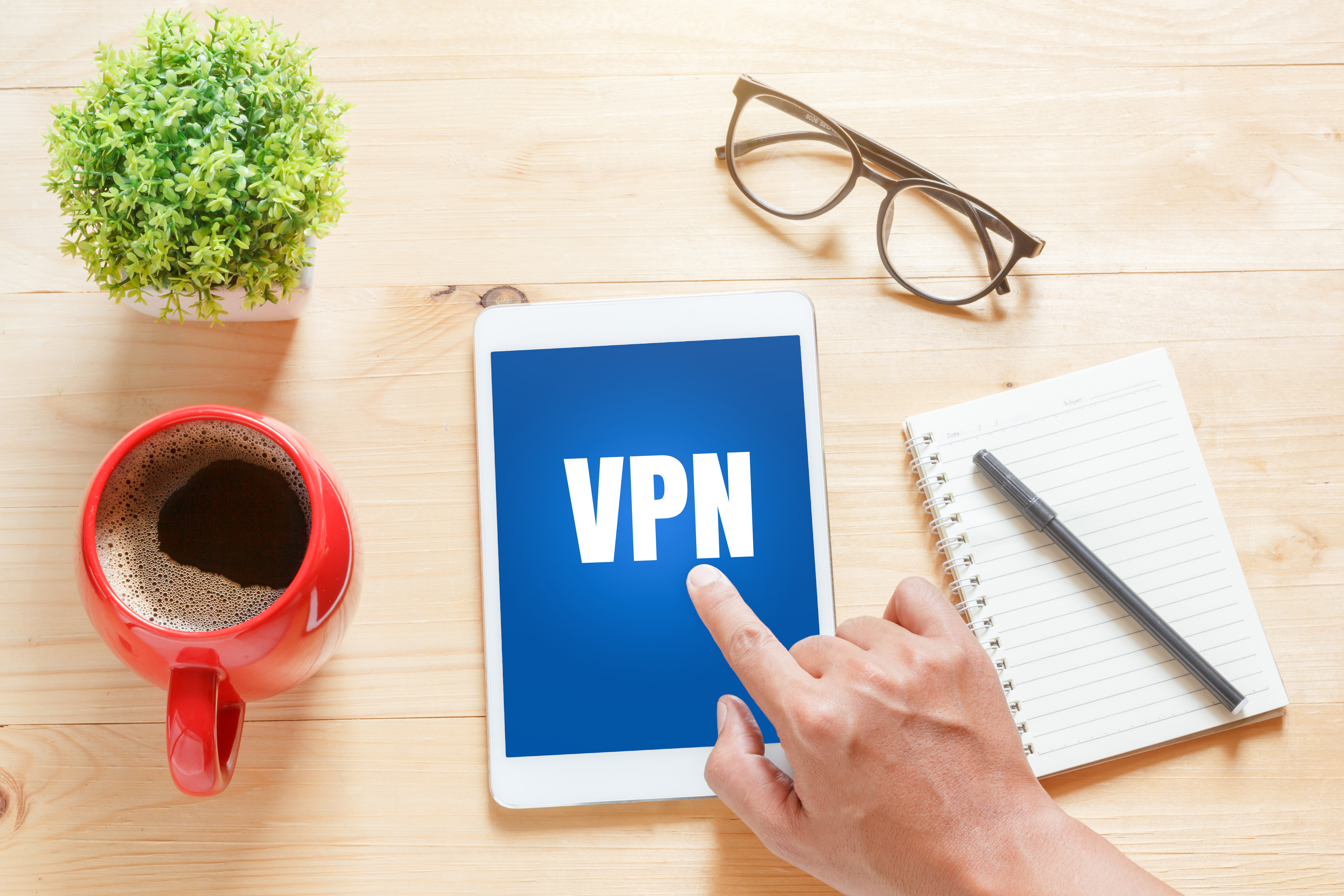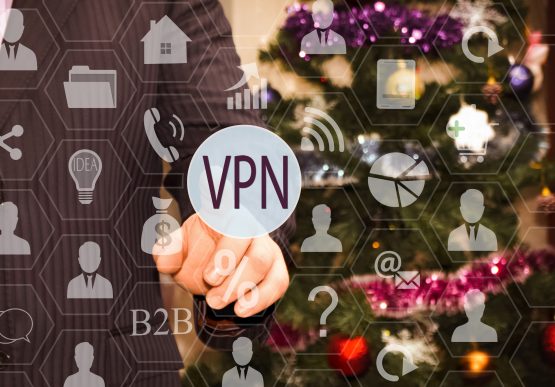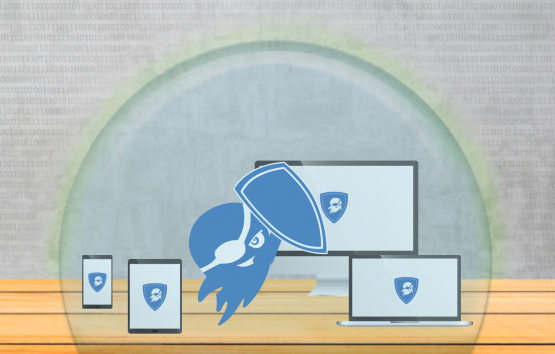Benefits of Cloud Access Security
Using a cloud access security solution provides a number of benefits:
User monitoring and compliance: Monitoring users will catch deviations from normal behavior, such as logging in from a different place or at an unusual time, a jump in data usage, or a qualitative change in account usage.
Such shifts may indicate a hijacked account or an insider threat.
Data loss prevention: If sensitive data is being exported in an unusual way, that may be a sign of data theft. A cloud application security solution will report anomalies so that administrators can take a closer look. Such as an employee accidentally sharing a file containing credit card numbers with users who shouldn’t be able to access it.
It will also catch unintentional data leaks
Malware and threat protection: malware and phishing schemes are evolving with the trend toward cloud computing. These threats now go beyond infected email links to include malicious cloud/mobile applications and file sharing. Which a firewall or gateway would never be able to detect.
Cloud security tools will detect and quarantine all types of malware in the cloud environment
